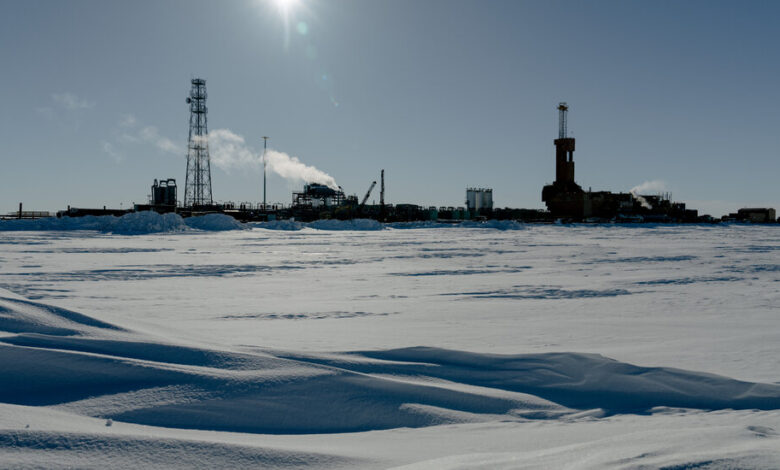U.S. Urges Japan and South Korea to Commit to Alaska L.N.G. Project

Officials in the United States are pushing for Japan and South Korea to commit to a $44 billion natural gas project in Alaska within the next few weeks. The Alaska L.N.G. project, a key part of President Trump’s energy agenda, aims to export gas from northern Alaska to Asian nations in a liquefied form. The success of the project depends on securing support from the region, which is home to some of the largest buyers of liquefied natural gas.
The National Energy Dominance Council, a group advising President Trump on domestic energy production, is working to convene officials from the trade ministries of Japan and South Korea for a summit in Alaska on June 2. The goal is to announce at the summit that signed letters of intent have been received from Japan and South Korea to invest in Alaska L.N.G. or purchase its gas. Taiwan has already signed a similar letter of intent to purchase gas from the project.
The Japanese and South Korean trade ministries have not yet commented on the matter. The U.S. Department of Energy believes that Alaska L.N.G. can enhance energy security for the United States and its allies, create jobs, and reduce the trade deficit. President Trump and Energy Secretary Chris Wright are committed to supporting the project.
Despite initial skepticism about the Alaska L.N.G. project, it has gained prominence in President Trump’s efforts to reshape the U.S. energy landscape. The plan involves building an 800-mile pipeline from Arctic fields to southern Alaska, where the gas would be liquefied and shipped to Asia. This would offer Asian countries a more cost-effective and efficient alternative to their current LNG sources.
President Trump signed an executive order on his first day in office to unlock Alaska’s energy potential, including the pipeline proposal. The project faces challenges, including potential tariffs imposed by the U.S. on its trading partners. However, countries like Japan, South Korea, and Taiwan are showing interest in supporting the project by pledging to purchase American liquefied natural gas.
Mr. Trump remains optimistic about securing Asian support for the Alaska project, despite concerns about the economics of the deal. The project is not expected to start shipping gas until the early 2030s, but efforts are underway to secure long-term agreements with private-sector buyers. Overall, the goal is to make Alaska L.N.G. a competitive option in the global energy market.
Contributors to this report include Kiuko Notoya and Jin Yu Young.





